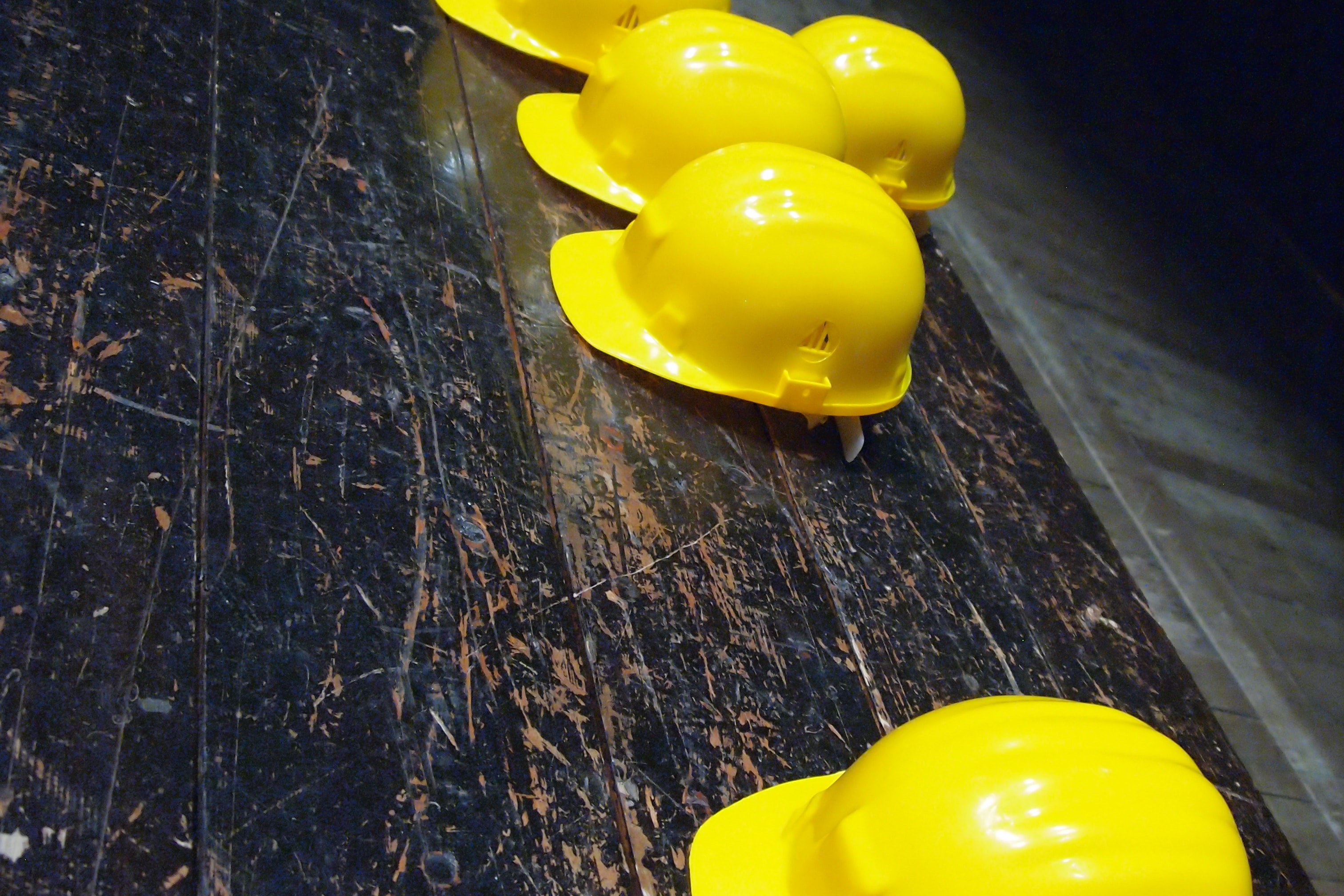Northern Bear (NTBR), a holding company for specialist building and construction support services firms, issued a trading update for the first half of its 2024 financial year to 30 September, with its performance ahead of management expectations despite the macro-economic challenges impacting the construction sector.
The company said it was on track to deliver an operating profit for the interim period of between £1.7m to £1.8m before amortization and exceptional expenses. That marks a solid improvement from last year’s comparative period. It also reported a robust order book, offering substantial support to their forthcoming trade performance, although the company pointed out that the economic backdrop remained fragile.
Nevertheless, the company is in a solid financial position, ending the period with net cash of £0.4m compared to net debt of £1.9m at the end of the same period a year earlier – the drop from a net cash position of £3.2m at its year end reflects normal seasonal trends.
Last week, Northern Bear announced a tender offer to return up to £3.1m to shareholders at 62p a share, a premium to the current 57p share price. It said the move would be earnings accretive, improve the company’s capital structure, and remove the overhang created by the potential for significant shareholders to sell their shares, in particular outgoing chairman Jeff Baryshnik.
The company said it would fund the tender offer using its existing cash resources and an increase of £1.0m to its existing debt facilities of £4.5m from Clydesdale Bank.
View from Vox
Northern Bear delivered sales of £69.7m in the year to 31 March 2023, resulting in a pre-tax profit of £1.9m – an impressive achievement given ongoing upheaval across the construction market. That reflects its diverse range of construction services – offered by autonomously run subsidiaries - and a client base that includes local authorities, housing associations, NHS trusts, universities, construction companies and national house builders.
As a result, its shares have performed steadily since it came to market in 2013, and the capital restructure should improve liquidity and their attractiveness to a broader range of investors - especially as the construction market starts to recover.

